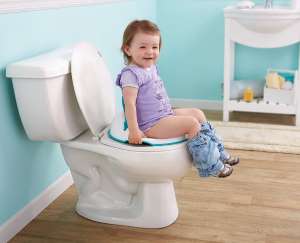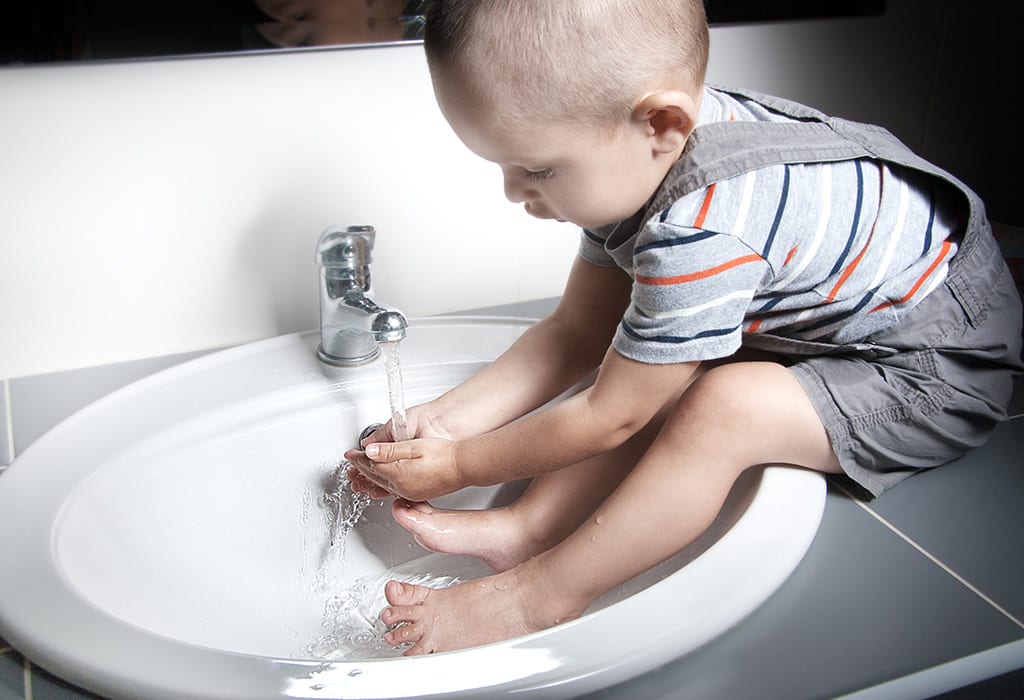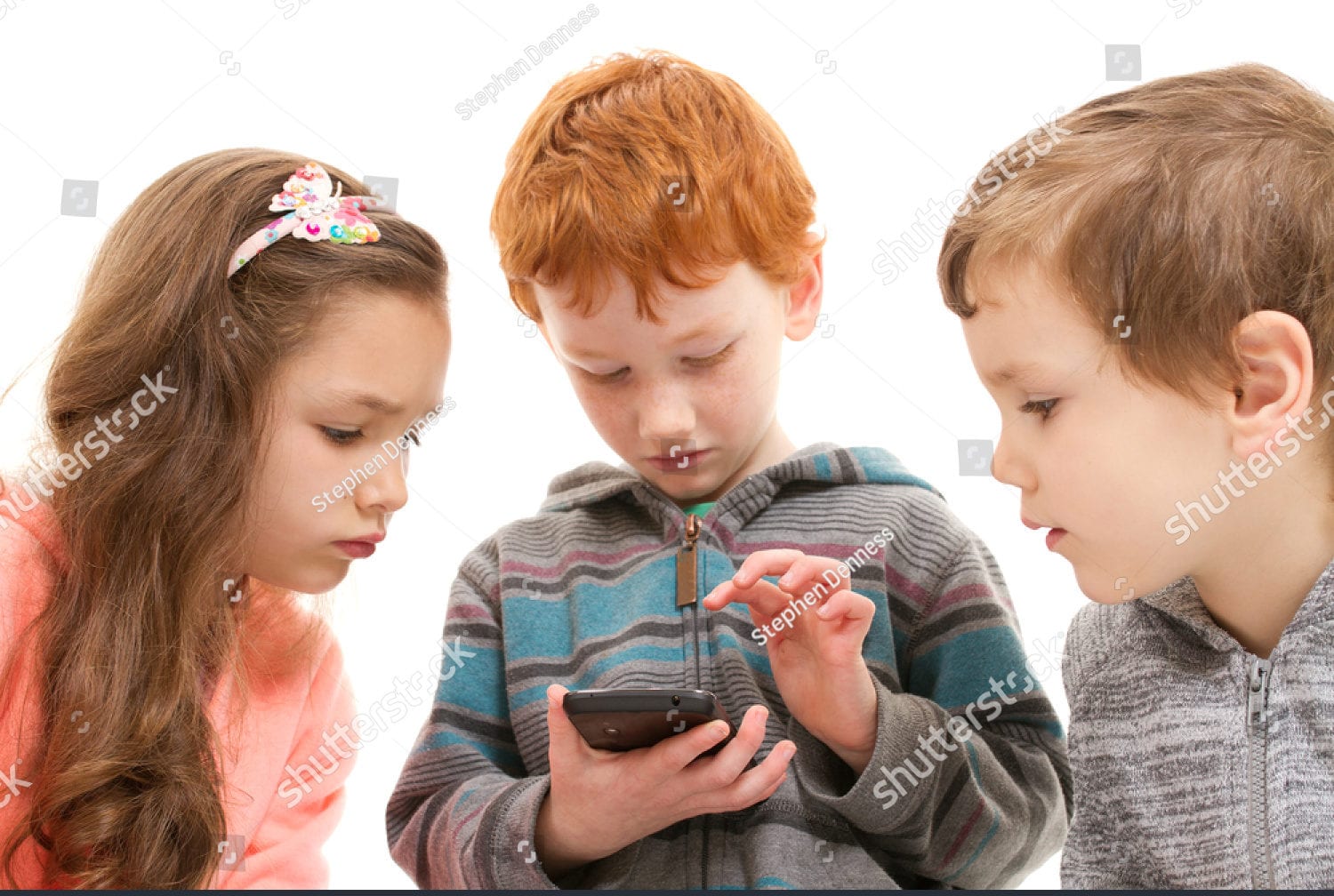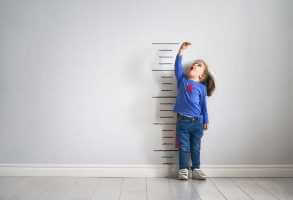
Encourage your child to stop blaming and start accepting responsibility.
Your child is fast angerHe makes mistakes toward others...well, he does everything. If he gets a bad grade in class, he says it's because of a friend. And when you see his muddy shoe prints on the carpet, he claims someone's dog walked on them!
“Children this age don’t understand that everyone makes mistakes,” says Kate Roberts, Ph.D., a psychologist in the Boston area. “Blaming someone is simply a way to avoid rejection and negative consequences.” These smart tips will help your child move from “It wasn’t me!” to learning to take responsibility for their actions.
Connect the dots.
Help your child connect what they're doing to what's happening by pointing to real-life examples, says Rachel Robertson, director of learning and development at Bright Horizons Family Solutions in Watertown, Massachusetts. For example, you might say, "Because you studied hard, you got an A on the spelling test."
Or, “Since you jumped in a puddle, your shoes got wet.” You can ask him to think of a cause or effect for some situation.
Make honesty easy.
If you want your child to come to you with the truth (or admit it when asked), try to stay calm when expressing your displeasure about their poor behavior, suggests Philip Dembo, Ph.D., author of Parenting: The Book Your Parents Will Want to Read. Staying calm makes it easier—and more likely—to handle the situation. Let them know that everyone makes mistakes, and what's most important is that they're honest, learning from the situation, and trying to correct their mistakes. Then discuss what they could have done differently, how you can improve it, and any consequences. Don't forget to praise their honesty.
Stick to the rules.
Sure, we all let things slide sometimes. But if you often let your child's adorable face convince you not to impose punishment, your child is learning that he doesn't have to take the rules so seriously, and he can easily convince you. To be responsible, he has to learn to accept the consequences of his words, actions, and decisions, and the only way he'll do that is if you're consistent with the rules and discipline, says Dr. Dembo.
Keep moving forward.
To help, turn activities into challenges. Tell your child that they'll start the week with 5 points, and each time they try to blame others, they lose one. Use a chart on the refrigerator or a board hanging on their bedroom door to keep track. If they make it through the week without reaching zero, reward their improved behavior with a trip to the park or an extra 30 minutes before bedtime one night.
Although her points may decrease at first, this chart will remind her to be mindful of what she does and says, so she will be more likely to succeed in passing the score next time.










